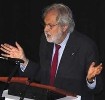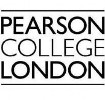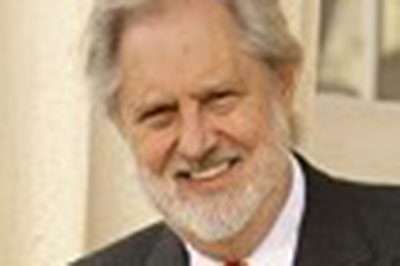Bath Spa and Lord Puttnam’s Atticus Education launch online seminars on creativity in film
Bath Spa and Lord Puttnam’s company Atticus Education, supported by Pinewood Studios, have launched an innovative series of seminars in a module entitled ‘The Philosophy of Film’ as part of the University’s MA in Independent Filmmaking and MA Scriptwriting. The ‘Philosophy of Film’ module is also available for students studying other creative courses to take as an additional elective.
The seminars are being delivered by Lord Puttnam, the Oscar-winning British film producer and educationalist and chair of Atticus.
The seminar series began on Tuesday 12 January with a visit to the University by Lord Puttnam to deliver the first of the eight seminars in the series. Six of the subsequent seminars will be delivered to the University in a live, interactive format via the internet from the Atticus studio in Ireland, using Cisco video-conferencing technology enable by BT. The first of these is being transmitted to Bath Spa on Friday 15 January.
Throughout the module, Lord Puttnam, whose films include Chariots of Fire, The Mission, The Killing Fields and Local Hero, will draw upon his own distinguished career as a film producer to discuss the many and varied aspects of the creative process. Seminars will include, Why Does Cinema Matter? 120 Years of Cinema and Society; From Spark to Shape – Turning Ideas into Action; and Images and Emotion – The Role of Sound, Music and Cinematography.
Lord Puttnam said: “I am delighted to have been able to launch this innovative collaboration with Bath Spa University thanks to the generous support of Pinewood Studios. I’ve long believed that online learning should be at the heart of education, and this series of seminars represents a fantastic opportunity to demonstrate the immense creative possibilities offered by communications technology.”
Dr Terence Rodgers, Associate Professor and Head of the Digital Academy at Bath Spa commented: “This is a great opportunity for our MA students to have access to the wisdom and vast experience of the UK and international film scene that Lord Puttnam has to offer. The collaboration with Lord Puttnam and Pinewood Studios will also add significantly to the University’s continuing engagement with leading figures and organisations in the creative and cultural industries.”
Andrew Smith, Corporate Affairs Director at Pinewood said: “As one of the UK’s longest established film studios where legendary franchises such as James Bond, Star Wars and Harry Potter have been filmed or produced, it is fitting that we should support these seminars on the Philosophy of Film which looks at the history of film and what makes a great film. Throughout our history we have long supported the development of talent across all aspects of the film making process.”
The Independent Filmmaking MA is designed for aspiring film producers, directors, writers and others seeking careers in film and the wider screen industries. It aims to give students an industry-focused education in the business and practice of modern, independent filmmaking. Students from the MA in Filmmaking can develop and pitch ideas in collaboration with students from the MA Scriptwriting.
The MA in Scriptwriting is a dynamic, creative and practical course that offers students the chance to hone their writing for performance skills while also acquiring the necessary professional knowledge needed to negotiate careers in the industry.
Along with ‘The Philosophy of Film’, students also have opportunities to meet agents and specialists and to learn how best to pitch their work in a highly competitive field. Students also have the opportunity to produce their own films in collaboration with their peers.
The University’s MA in Filmmaking and the MA in Scriptwriting encourage their students to take advantage of the regional creative cluster that has developed over the last decade. Local filmmaking facilities include Aardman Productions, Bottle Yard Studios and Bath Spa University’s own studio and post production facilities. Students are also actively encouraged to submit their films to the Encounters Film Festival and the Bath Film Festival.











